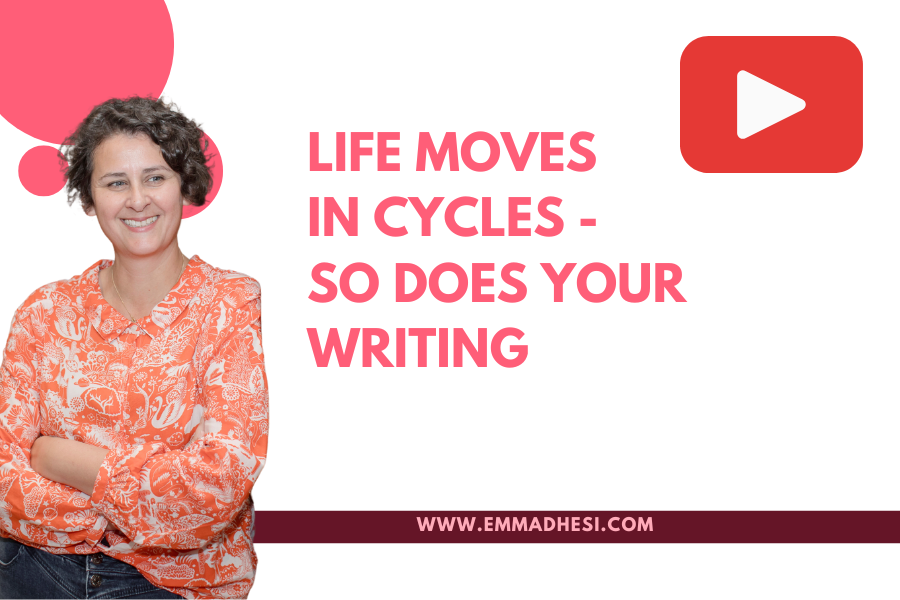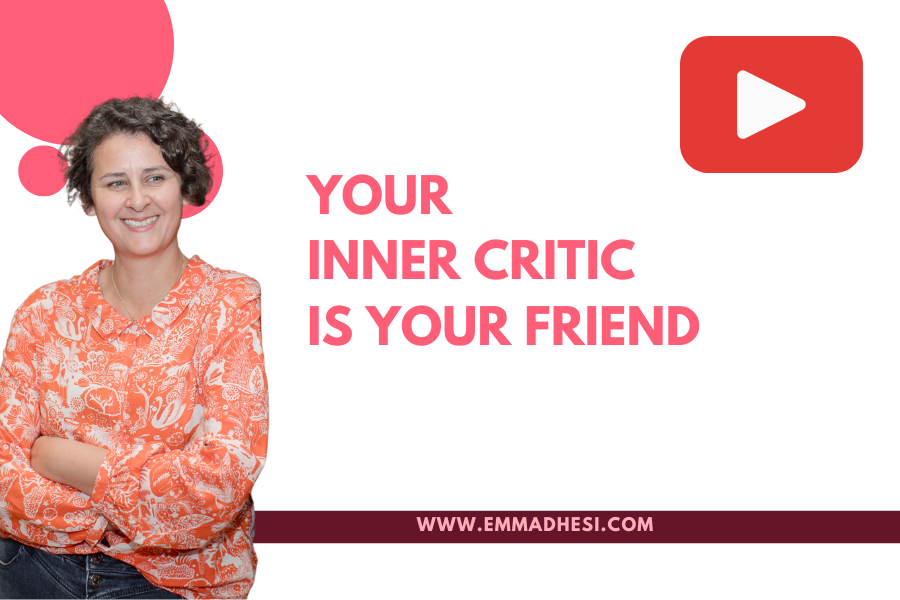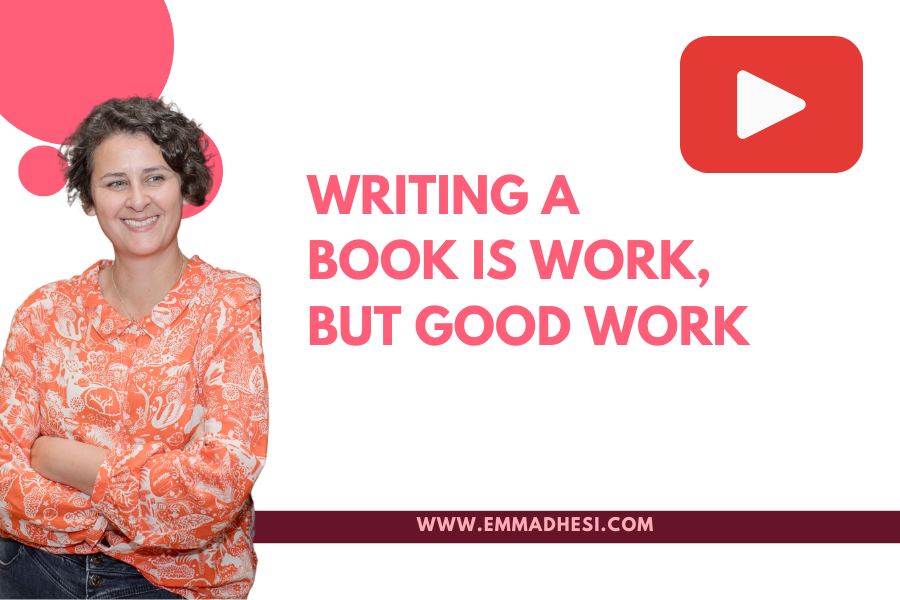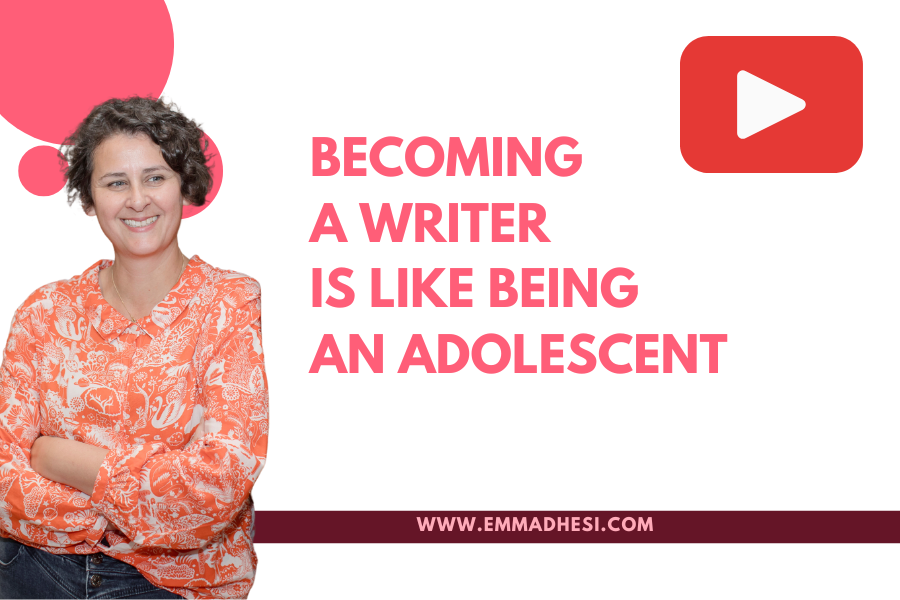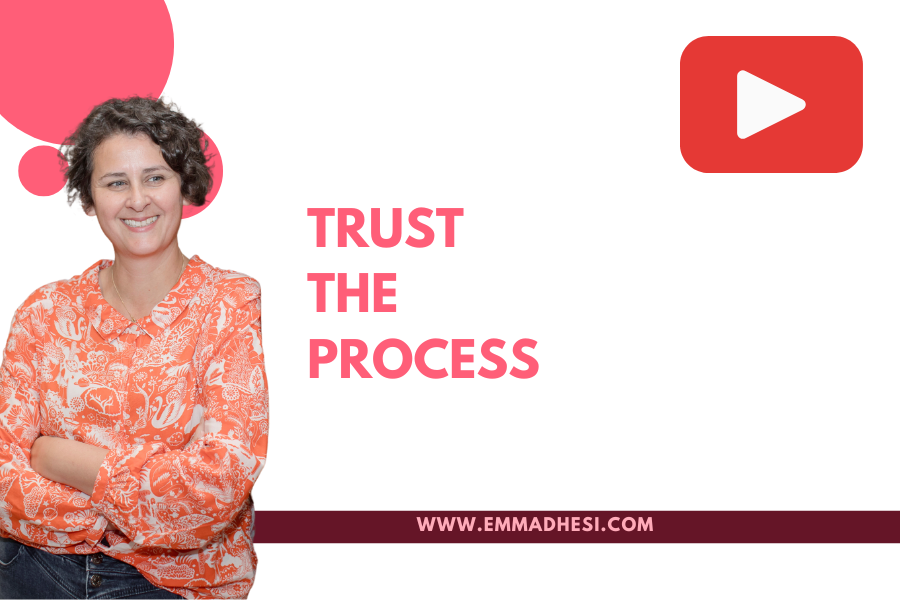
Trust The Process
Watch the video below to find out why.
Hello my lovely writers, how are you?
I’m just back from physio and my physiotherapist gave me a timely reminder and a bit of tough love, just gently, by reminding me that the physio exercises I’m doing and what I’m working towards – which is getting rid of these headaches – takes time.
It’s a marathon, not a sprint.
I’ve got to start small and steady and just keep building up on it.
I said to him, ‘But I get scared. I’m scared that if I do this exercise, I’m going to get a headache and it’s going to make things worse and then I pull back from it because I get scared.’
The magic words he said to me were, ‘You might bring on a headache but you need to do the work in order to strengthen the muscles.’ He said, ‘You’ve got to trust the process.’
It’s a marathon, not a sprint
I laughed because I thought that’s exactly the same for writing. It’s a marathon, not a sprint. You start small and steady and you build yourself up. It’s going to be painful at times.
You have to go through those painful times, those difficult times, when the words aren’t coming, when you feel you’ve got no ideas or you don’t know what’s going to happen next in the story.
You’ve got to do it anyway. You’ve got to push through it because that’s how your writing muscle gets stronger.
Writing is a muscle, just like a physical muscle is. Your writing muscle gets stronger by getting your butt in the chair or wandering around dictating, however it is you get your words down. You’ve got to do it even when it feels difficult, when it’s hard work and you don’t really want to do it. If you can push yourself through, you’re going to get stronger and stronger every time you do it.
Trust the process
Trust the process, just like I’m trusting my physio and the process he’s putting me through. That’s how you get stronger. It’s the same for your physical muscles as it is for your writing muscle. You’ve got to keep going.
I’ll say it to you as he said it to me, trust the process. Are you trusting?
Emma xx
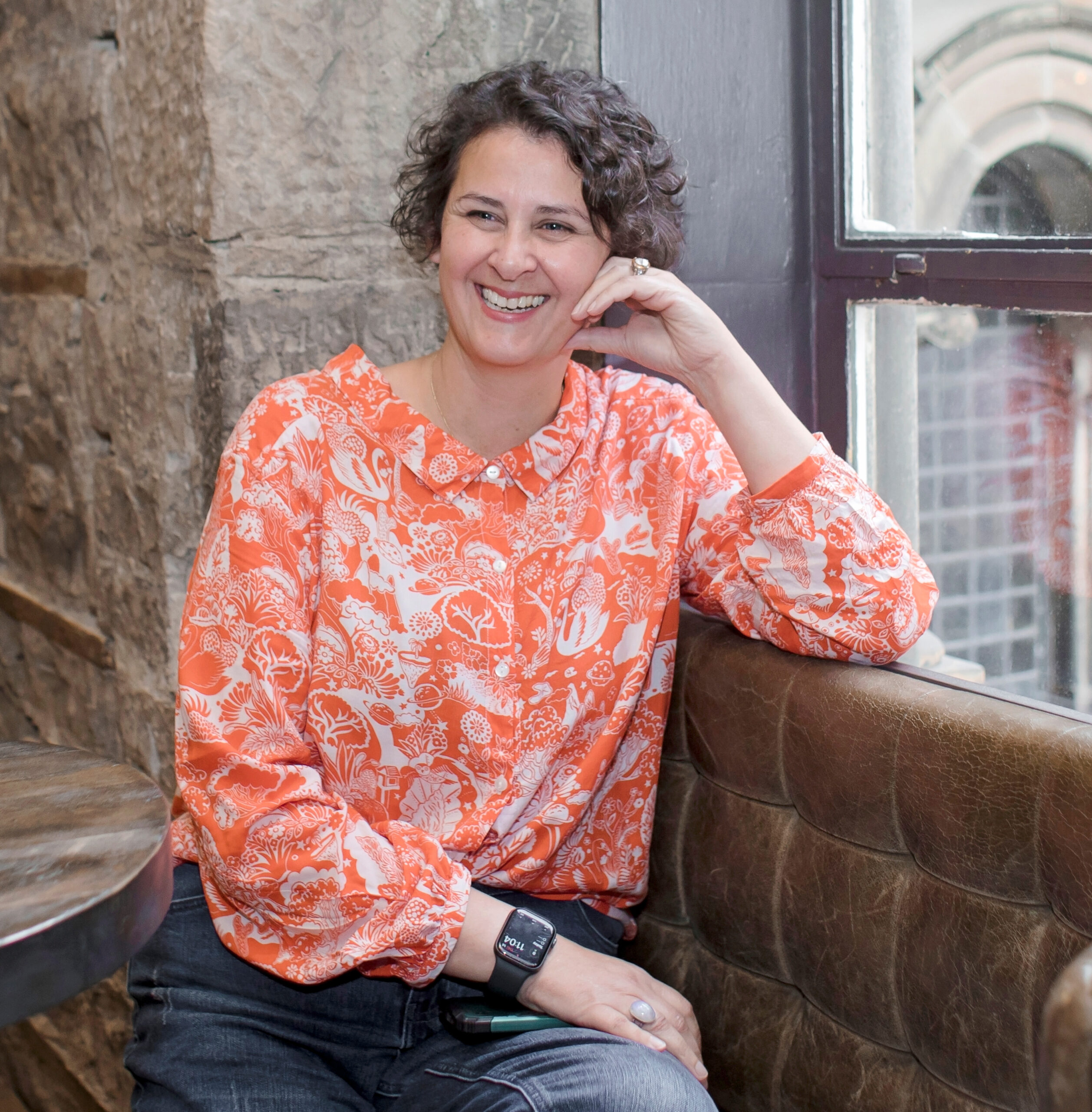
Emma Dhesi
Emma Dhesi is a Certified Author Accelerator Book Coach and bestselling author who helps writers let go of perfectionism, self-doubt and writer's block through her signature programme, Unlock Your Creative Block.
She is the host of the YouTube Channel, Emma Dhesi, where she interviews debut and experienced authors alike.
Through her 1:1 coaching programme, Emma helps new authors start and finish their first novel.
Emma provides personal written feedback on their pages and guides them through the emotional rollercoaster that is writing a novel!

